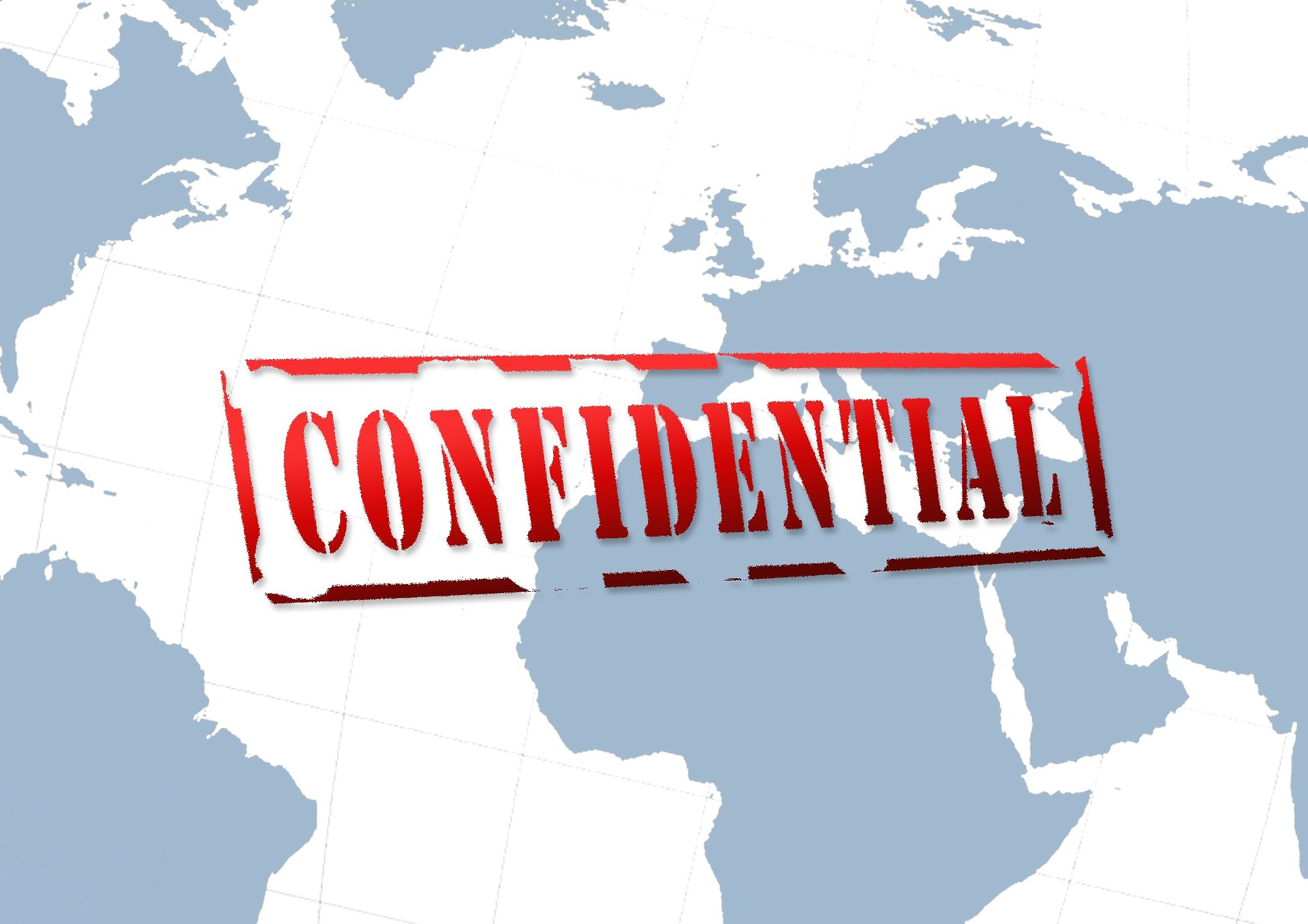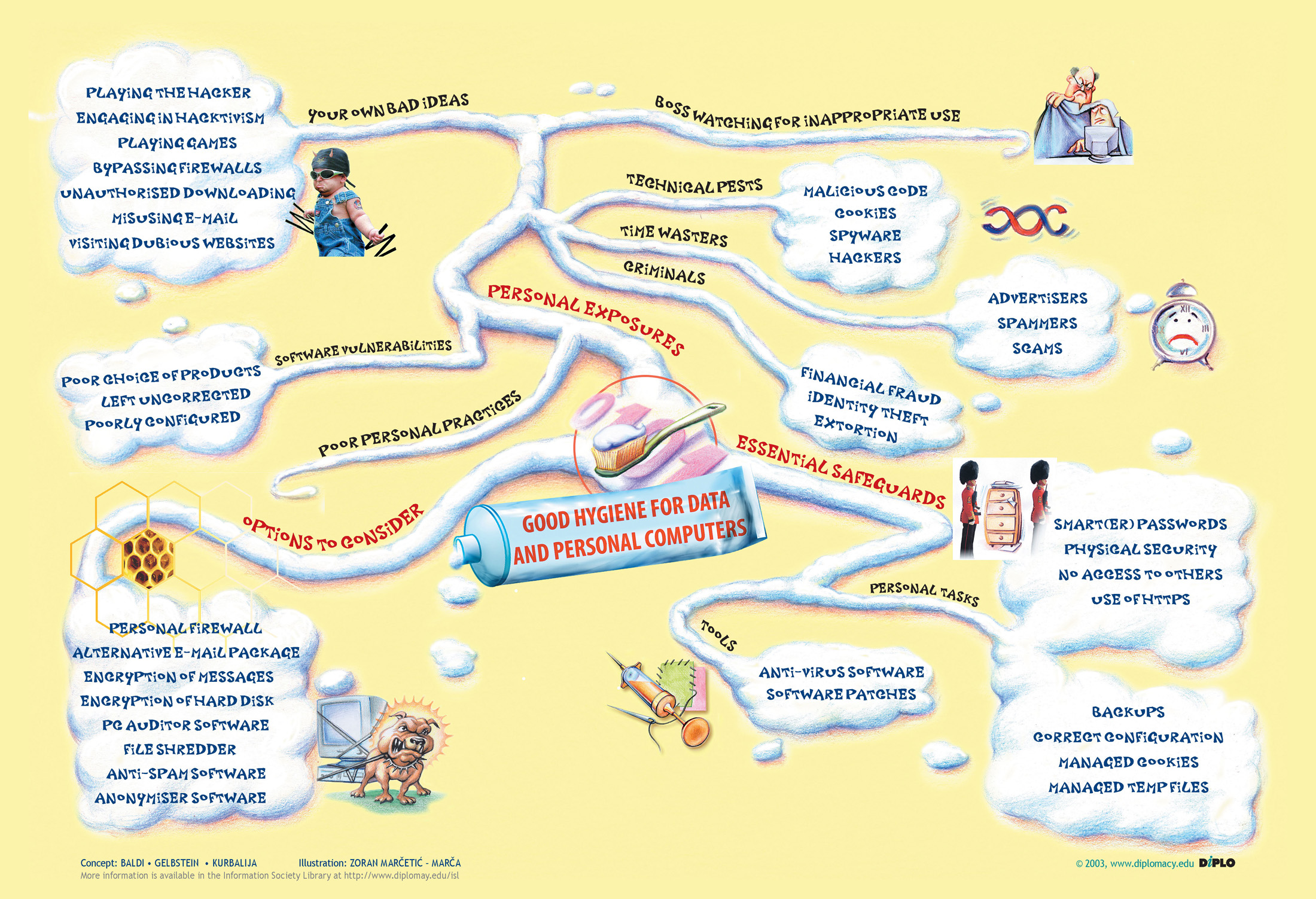The article “Inside the Executive Suite” published by Armada Corporate Intelligence features how to handle confidential information.
1.Market-Moving and Insider Information
The first element to consider is whether we are dealing with legally relevant information. In case of positive answer, confidentialty is strictly required.
2.Handling Business Strategy
Be particularly careful if you deal with information that your organization does not want disclosed because it changes the business and competitive environments, typically for the worse.
3.When You Can’t Say, or Don’t Know
The golden rule is to never lie to people. One way to do so is to use a non-committal response, in order to protect your reputation and prevent you from lying.
To know more read the full article.
Image source: Pixabay (CC0)




Recent Comments